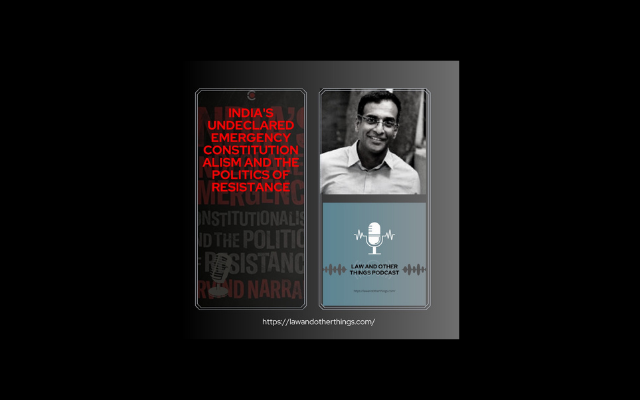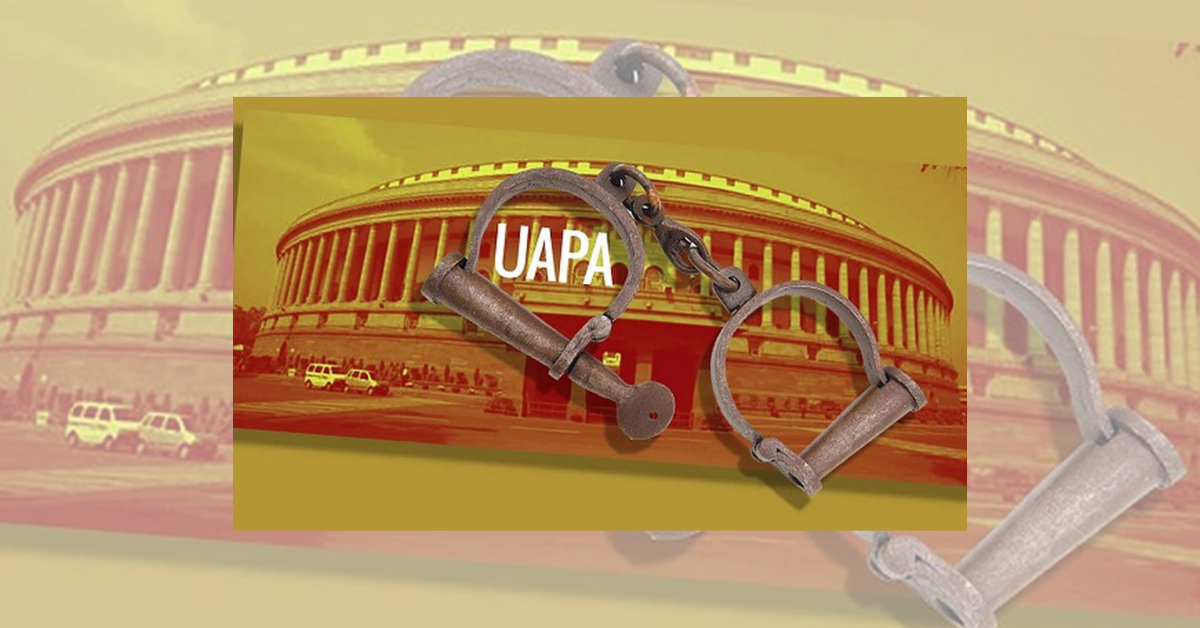Summary: The Delhi High Court recently dismissed a case challenging a missing notification banning the import of Salman Rushdie’s The Satanic Verses, presuming its non-existence. The author explores the enforceability of unpublished or unavailable laws and underscores the importance of proper promulgation and public access to laws.
Introduction
On November 5, 2024, the Delhi High Court, in Sandipan Khan v. Central Board of Indirect Taxes and Customs, declined to examine the validity of a government notification from 1988 (“Notification”) that had banned the domestic import of Salman Rushdie’s The Satanic Verses (“Book”).
The petitioner, unable to import the Book in India, primarily sought a writ-based relief in the form of a declaration from the court, that the Notification was ultra vires the Constitution of India (“Constitution”). In their petition, they stated that the Notification was not available with the Central Board of Indirect Taxes and Customs (“Authority”) in any form. In response, the Authority had requested multiple extensions to trace the Notification but failed. This led to a situation where neither of the parties could produce a copy of the challenged Notification.
Observing the “helplessness” of the Authority to produce a copy of the Notification, the court stated the following in its order:
“…we have no other option except to presume that no such notification exists, and therefore, we cannot examine the validity thereof and dispose of the writ petition as infructuous.”
The court’s concluding statement above has raised an interesting question concerning public access to laws: does the unavailability of a law in published form wholly negate the requirement to examine its enforceability? The court in Sandipan did not proceed with this thought, instead, the bench dismissed the matter. This deviation may have opened the proverbial ‘can of worms’—making one wonder if the Notification was even law in the first place.
Promulgation Requirements in India
In Harla v. State of Rajasthan, the Supreme Court (“Court”) stressed that “natural justice requires that before a law can become operative it must be promulgated or published.” This demonstrates that executive assent is not the only hurdle a piece of legislation must pass to become “law” under Article 13(3) of the Constitution. Legislations must also be publicised to gain force (more on this in a bit). The bench in Harla went further to state that at the very least, laws must be accessible through regulation or customary channels through which individuals, practicing reasonable diligence, may remain informed. As far as the mode of publication is concerned, courts have consistently held that the statute often provides the first point of guidance. In B.K. Srinivasan v. State of Karnataka, the Court held that when a statute is silent on the mode of publication, the customary channel, in the form of the Official Gazette of India, acts as the canvas for a law to take effect.
The promulgation requirement fulfils a two-fold purpose. First, since there is a correlation between a law’s operational status and its publication, proper publication of a law reinforces the notion of a law’s ‘appropriateness’ by providing visibility to the public. This helps maintain the sociologically-visceral perception of a law as a command by an authority. Judicial evidence of this logic can be found in the Court’s observation in Gulf Goans Hotels Company v. Union of India: “…law must possess a certain form; contain a clear mandate/explicit command…and seek to achieve a clearly identifiable purpose.” It is clear that courts do not intend to dispense with the disclosure of a clear mandate and purpose of a law through the law’s “dicta”. As a result, the earlier-mentioned force of a law, is majorly determined by its clear, explicit and visible form.
Second, and more importantly, the promulgation requirements act as a failsafe against intrusions upon individual rights by authenticating the mandate of a law. Article 77 of the Constitution stipulates the form in which the Executive must make and authenticate its orders and decisions. Clause (2) of Article 77 states that rules concerning a law’s authentication will be issued by (in the name of) the President of India. In Gulf Goans, the Court held that in the absence of due authentication and promulgation of government guidelines, the mandate of the guidelines cannot be treated as a government order, instead, the guidelines would merely represent an “expression of opinion.”
Lastly, it must be noted that publication requirements operate on a spectrum and may vary across legislations. In Raja Bahadur Giriwar Prasad v. Dukhu Lal Das, the Court dealt with the improper publication of a notification that deprived proprietors of their vested rights in estates and gave them to the State Government. The Court held that, in addition to publication in the Gazette, non-publication of the notification in at least two newspapers had rendered the law on estate deprivation ineffective. Furthermore, the Court also mentioned that since the notification had a “far-reaching effect”, an “alteration of the rights” captured in the notification could not be carried out without sufficient publication. Thus, the “importance of the (a) notification” also dictates the standards applicable to promulgation.
Unavailability as an Archetype of Improper Promulgation
The court in Sandipan has expressly presumed that the Notification does not exist. A substantive examination, however, would have helped assess the enforceability or operative effect of the Notification. In its present form, the court order’s dicta does not clear the air concerning the Notification’s status either in the past or at present—unless of course, ‘non-existence’ is likened to invalidity. This is unlike decisions such as Pankaj Jain Agencies v. Union of India, where the Court assessed the impugned notification’s availability to determine its operative effect by using the tests prescribed in Harla and B.K. Srinivasan, eventually ruling on the operational status and enforceability of the notification. Subordinate legislation (notifications), unlike the more consensual parliamentary legislation, requires such an assessment because it is often made “unobtrusively in the chambers of a Minister, a Secretary to the Government or other official dignitary.”
It may also help to assess whether a retrospective application of the Notification, if it were to somehow exist tomorrow, may be permissible. Summarily, the Court in Income-tax Officer, Alleppey v. M.C. Ponnoose held that “unless expressly conferred, the delegate cannot issue a notification with retrospective effect.” Even here, the requirement to visibly assess a notification to identify an “express” command is evident. The short dilemma therefore is: must we care about proper promulgations?
Separately, Sandipan should also remind us of the logistical ruminations of our courts as regards the availability of government rules/orders etc. One such instance cropped up in High Court of Bombay in its own Motion v. State of Maharashtra, where the court stated:
“We find that in several Writ Petitions in this Court, both of the Civil and Criminal sides, the Courts are required to repeatedly grant time as the Government Pleaders are not able to make available a copy of a particular notification or a particular amending Act. All this can be avoided if all the State Government gazettes, including old gazettes, are uploaded on the High Court website.”
Read together, an absence of any examination of an unavailable yet sincerely enforced notification, along with the leniency shown to produce the document, spells a marked deviation from the norm. It would perhaps have been more prudent to, as a bare minimum, clarify whether an untraceable or unavailable notification is enforceable or not, for it would have only filled the minute but significant vacuum that continues to exist.
Bhaskar is a corporate lawyer at Chandiok & Mahajan and maintains an academic interest in public policy and constitutional law.
Ed Note: The article was edited and coordinated by Hamza Khan and published by Abhishek Sanjay from the Student Editorial Team.








Excellent Article one thing to add what about section 5 of general clauses act and relevance of this publication necessity in cases of Laws enacted by parliament